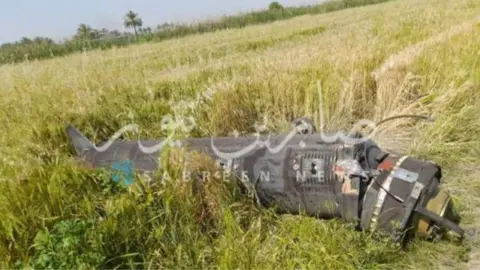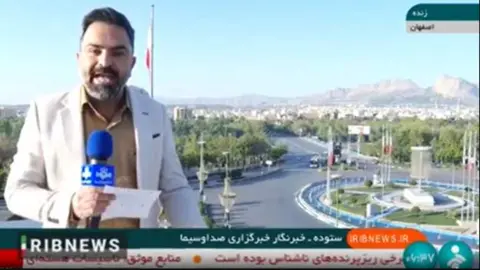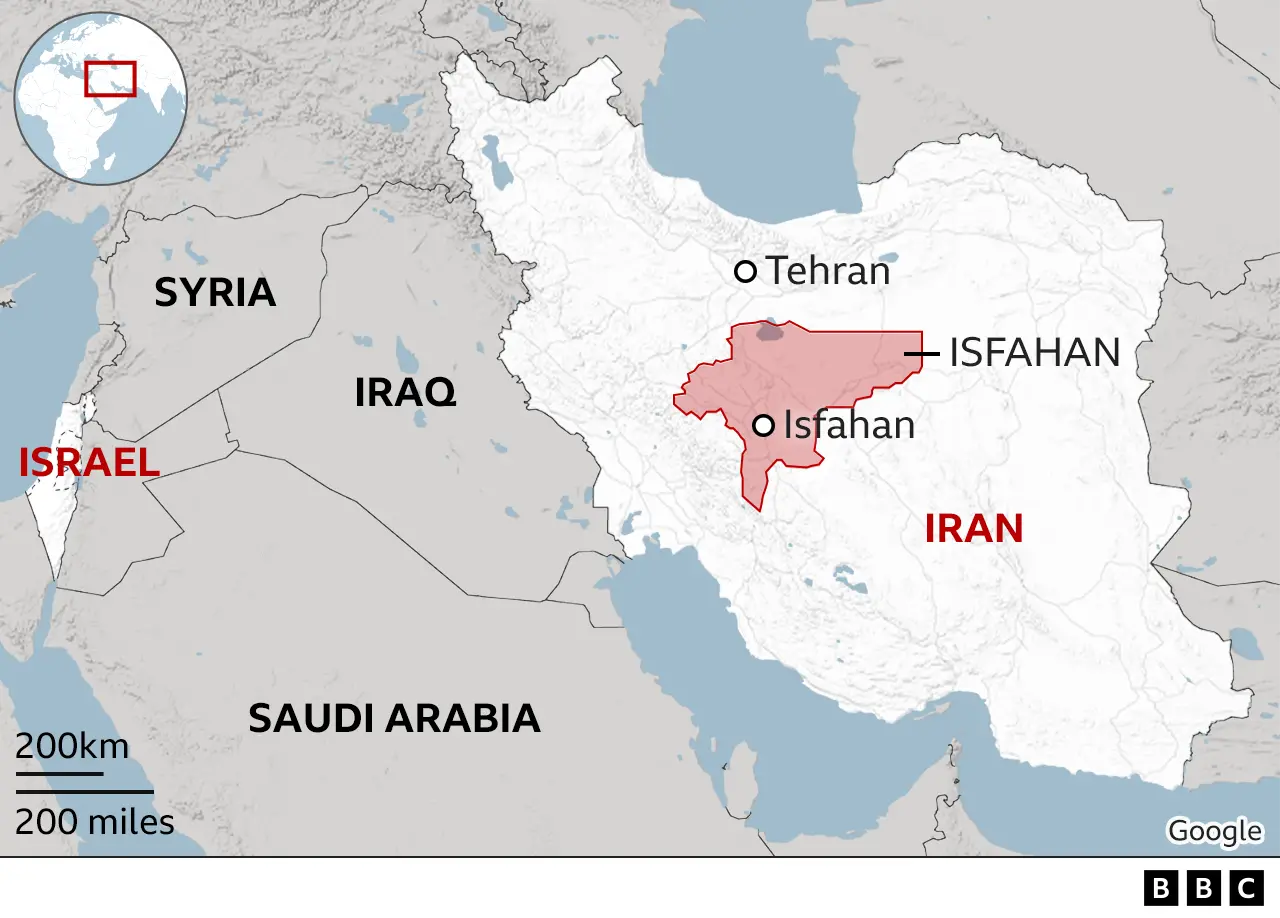What we know so far about Israel's strike on Iran — and what could happen next
Israel
launched missiles into Iran late Thursday in the retaliatory strike it had promised — and that Western leaders had sought to temper — following
Tehran's attack on Israel on Sunday.
A senior U.S. military official confirmed to NPR that the Israeli military had conducted missile strikes against Iran. But little else is known about the extent of the strikes and any potential damage, as both Israel and Iran appeared to downplay the attack on Friday morning — which analysts suggest points to an effort to de-escalate
regional tensions.
"This is a very dangerous moment, but I think Israel has done about as intelligent a thing as they can do under this circumstance," Gen. Frank McKenzie, retired commander of U.S. Central Command,
told Morning Edition. "No one knows exactly what happened and maybe, just maybe, we'll avoid any possibility of significant escalation as a result of it."
Details about the attack remain scarce. Citing a military official in the central city of Isfahan, Iran state news agency IRNA said loud sounds heard nearby were that of air defenses intercepting a "suspicious target," with no damage reported in the area.
Isfahan is home to several military facilities, including Iran's
largest nuclear research complex. The International Atomic Energy Agency
confirmed on social media that the nuclear sites were not damaged.
There were also reports of explosions in Iraq and Syria. Syria's state-run
SANA news agency said Israel targeted air defense sites in its southern region, causing "material damage."
World leaders are calling for a de-escalation of the conflict and continued efforts to reach a ceasefire between Israel and Hamas, in the hopes of averting a wider regional conflict.
Trita Parsi, the executive vice president of the Quincy Institute for Responsible Statecraft,
told Morning Edition that by downplaying the strike, Iran seems to have found a way to avoid the retaliation it had promised in the case of an Israeli attack — at least for now.
"Given the circumstances of where we are, this could have turned out much worse," Parsi added. "But it's not over yet, so we shouldn't draw too big of a conclusion quite yet."
How are Israel and Iran responding?
Reaction to the strikes appears fairly muted in both countries.
In Iran, state TV apparently
laughed off the attack, and social media posted
mocking memes. Iran temporarily suspended flights at airports nationwide but
resumed them on Friday morning.
Israel's Home Front Command System, which issues threat alerts to civilians, didn't raise its threat level. The country didn't suspend flights, but German airline group
Lufthansa announced Friday morning it would suspend flights to Israel and Iraq until at least early Saturday due to the "current situation." (It had already suspended Tehran flights through the end of April.)
Israeli officials were largely quiet in the aftermath of the attack — the
Washington Post reports they complied with a
gag order — with a few notable exceptions.
Itamar Ben-Gvir, Israel's hard-line national security minister, Itamar Ben-Gvir,
tweeted out a single word — Hebrew slang meaning "weak" — by way of criticizing the strike.
Iranian state-affiliated news agency Tasnim seized on his comment, saying Israeli authorities are "making fools of themselves." Israeli opposition leader Yair Lapid called the tweet "unforgivable," saying Ben-Gvir had embarrassed Israel "from Tehran to Washington."
The tension over Ben-Gvir's tweet encapsulates the fervor of the debate within and beyond Israel about how the country should respond to Iran's attack, the first launched on Israel from its own soil.





